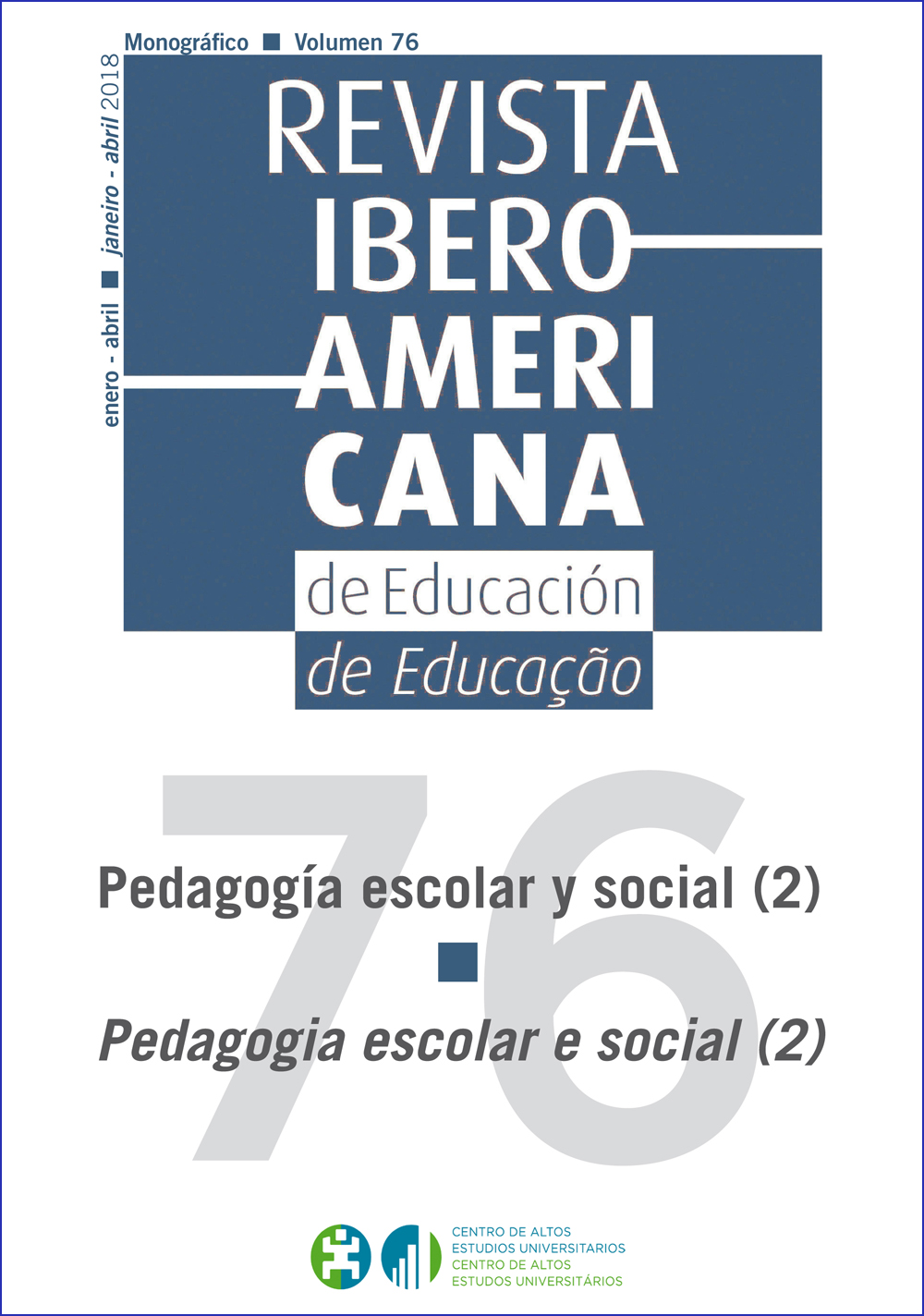Rural education and social pedagogy: interculturality in collective struggles for land and education
DOI:
https://doi.org/10.35362/rie7602853Keywords:
rural education; social pedagogy; traditional cultures and knowledge; partnership.Abstract
The article aims to discuss Rural Education as a practice of Social Pedagogy. Analyses focus on the problems of land and education struggles of rural workers, especially the Traditional Communities and Peoples (Decree 6.040/2010). How does Rural Education work the cultures and knowledge of rural workers? Rural Education is not a monovalent concept nor is it restricted to schooling processes; it can be defined as interculturality practice (Fornet-Betancourt, 2001). It is based on socio-historical research approaches (Fichtner et al., 2013) for the evaluation of official documents, reaffirming education as citizens’ rights and the duty of the State. Interinstitutional collaborative practices (Foerste, 2005) among social movements, education departments, universities and so on, consider peoples, territories, cultures and traditional knowledge as dimensions that articulate the collective construction of pedagogical projects of the Rural Education as a practice of Social Pedagogy.
Downloads
References
Brasil (2008). Projovem-campo saberes da terra. Recuperado de: http://www.dominiopublico.gov.br/download/texto/me4572.pdf.
Brasil (2004). Secretaria de Educação Continuada, Alfabetização, Diversidade e Inclusão. Recuperado de: http://portal.mec.gov.br/arquivos/pdf/d5159.pdf.
Brasil (2010a). Programa Nacional de Educação na Reforma Agrária. Recuperado de: http://www.planalto.gov.br/ccivil_03/_ato2007-2010/2010/decreto/d7352.htm.
Brasil. (2010b). Comissão Nacional de Comunidades e Povos Tradicionais. Recuperado de: http://www.planalto.gov.br/ccivil_03/_ato2007-2010/2007/decreto/d6040.htm.
Foerste, E. (2005). Parceria na formação de professores. São Paulo: Cortez.
Foerste, E. e Schütz-Foerte, G. M. (Org.) (2017). Educação do campo: diálogos interculturais. Curitiba: Appris.
Foerste, E., Schütz-Foerste, G. M. & Merler, A. (Org.) (2013). Educação do campo: Diálogos interculturais em terras capixabas. Vitória: Edufes.
Fornet-Betancourt, R. (2001). Transformación intercultural de la filosofia. Bilbao: Editorial Desclée de Brouwer.
Freire, P. (1970). Pedagogia do oprimido. São Paulo: Paz e Terra.
Freire, P. (1996). Pedagogia da autonomia. São Paulo: Paz e Terra.
Nascimento Jr, W. dos R. (2016). O paradigma do “vivir bien” no estado plurinacional da Bolívia como referente para a construção de políticas públicas emancipatórias. Revista Brasileira de Políticas Públicas e Internacionais, v.1, n.1, Jun-Ago/2016, pp. 212-234.
Pronera. (2004). Pesquisa de avaliação do Programa Nacional de Educação na Reforma Agrária. Brasília: INCRA/PRONERA.
Shiraishi Neto, J. e Araújo, M. A. T. (2015). “Buen vivir”: notas de um conceito constitucional em disputa. Recuperado de: http://periodicos.unifor.br/rpen/article/viewFile/2886/pdf.
How to Cite
Downloads
Published
Issue
Section
License
Any authors who publish with this journal accept the following terms:
















